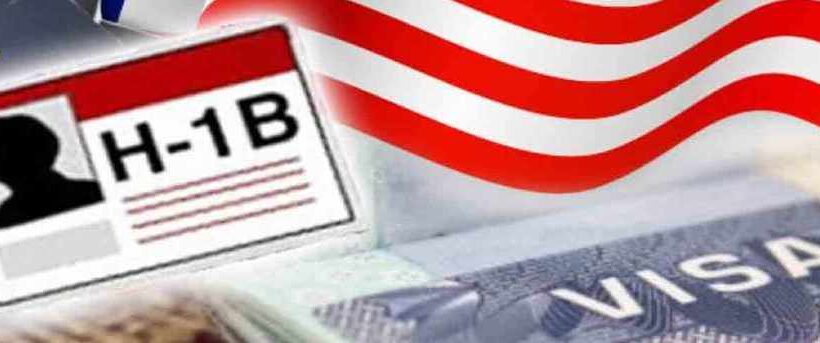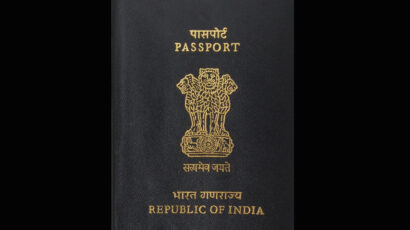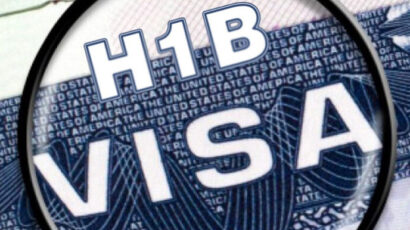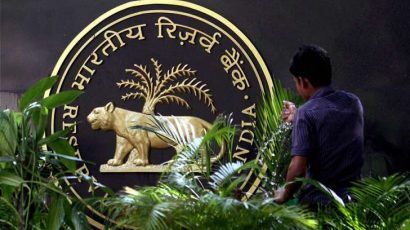Another court verdict against Trump rule hiking H-1B wages

In another set back to President Donald Trump’s move to curtail the number of visas issued each year to skilled foreign workers, the US district court of Columbia has revoked an interim final rule issued by the Department of Labour (DOL), which took effect from last October 8.
The implementation of this rule, which raise H-1B wage requirements by 40% or more across all levels, had bypassed the Administrative Procedure Act (APA) –which requires federal agencies to provide notice and the opportunity to comment before a regulation goes into effect.
The plaintiff , a group of US universities and non-profit organizations including Purdue University, University of Michigan, University of Denver, Chapman University, Bard College, Arizona State University, Indiana University, have now emerged as the winner in the lawsuit.
The University of Utah had earlier cited an example where an H-1B employee seeking renewal was paid an $80,000 salary but would have to be paid $208,000 under the new rule.
According to a report,pro-bono by the American Immigration Lawyers Association (AILA) and prominent immigration attorneys, the lead counsel for plaintiffs in the Chamber lawsuit, has vehemently opposed the act of the Trump Administration, which bypassed the Administrative Procedure.
According to a report by the Times of India the wage hike adversely impacted not just the technology sector, but also educational and research institutions and smaller hospitals. For instance, University of Michigan, in the lawsuit pointed out that if the required wage for each employee is increased by $2,500 on a yearly basis, the total increase in annual salaries (excluding benefits) would conservatively be one million dollars, which is unsustainable.
“The judge agreed that the poorly-drafted, improperly-issued rule did not comply with the procedural requirements for rule-making and was substantively arbitrary, incorrect, and irrational and ordered the DOL to reissue prevailing wage determinations that were issued under the rule,” states AILA, the report said.
As of now, three court verdicts on DOL’s interim final rule has gone in favor of the plaintiffs.















